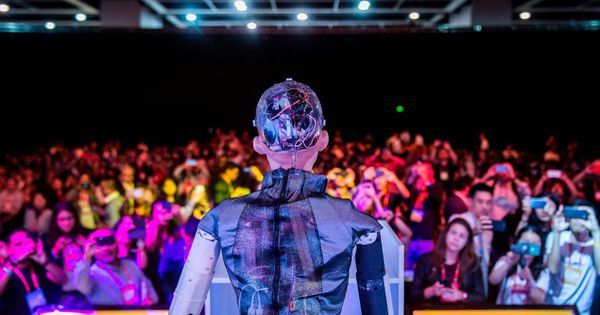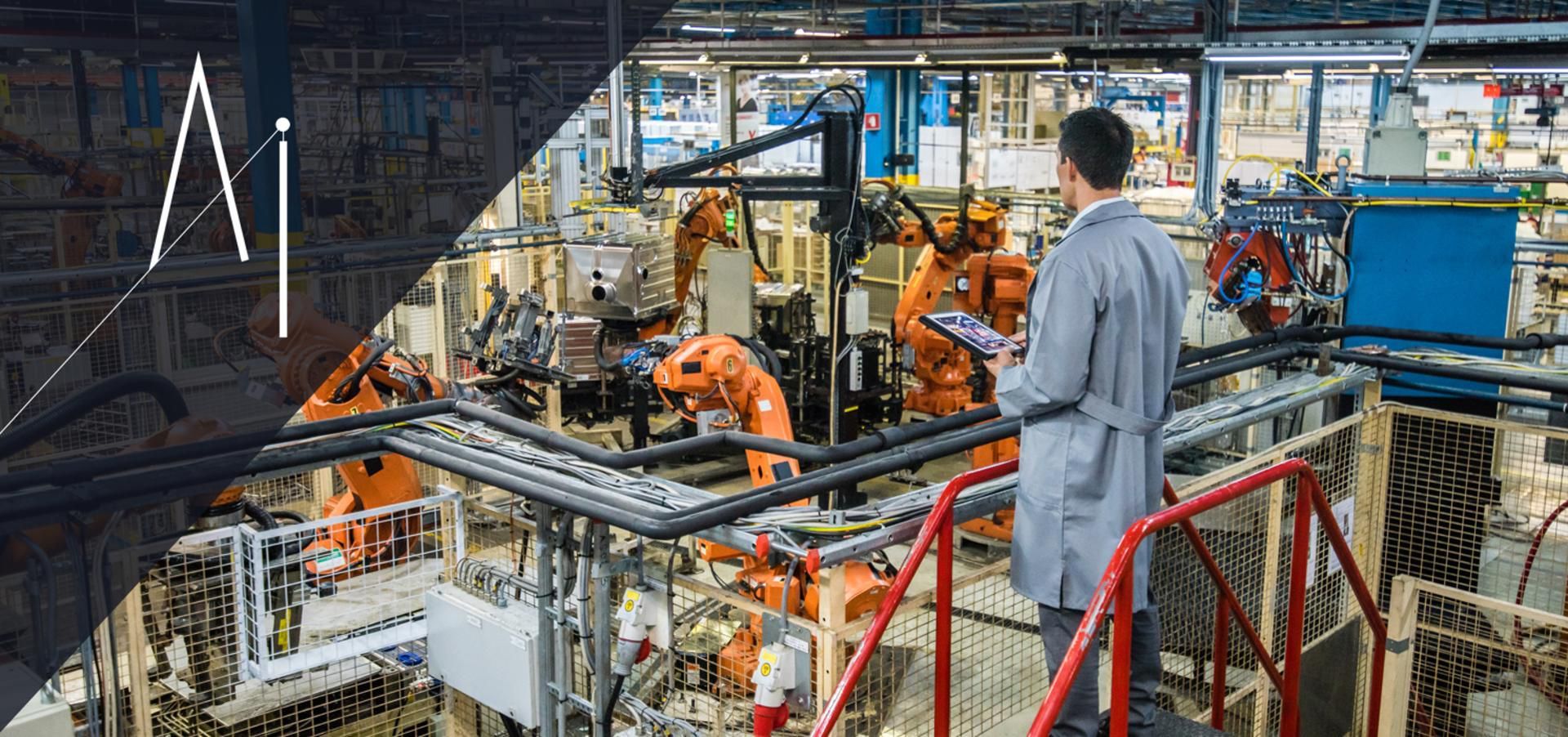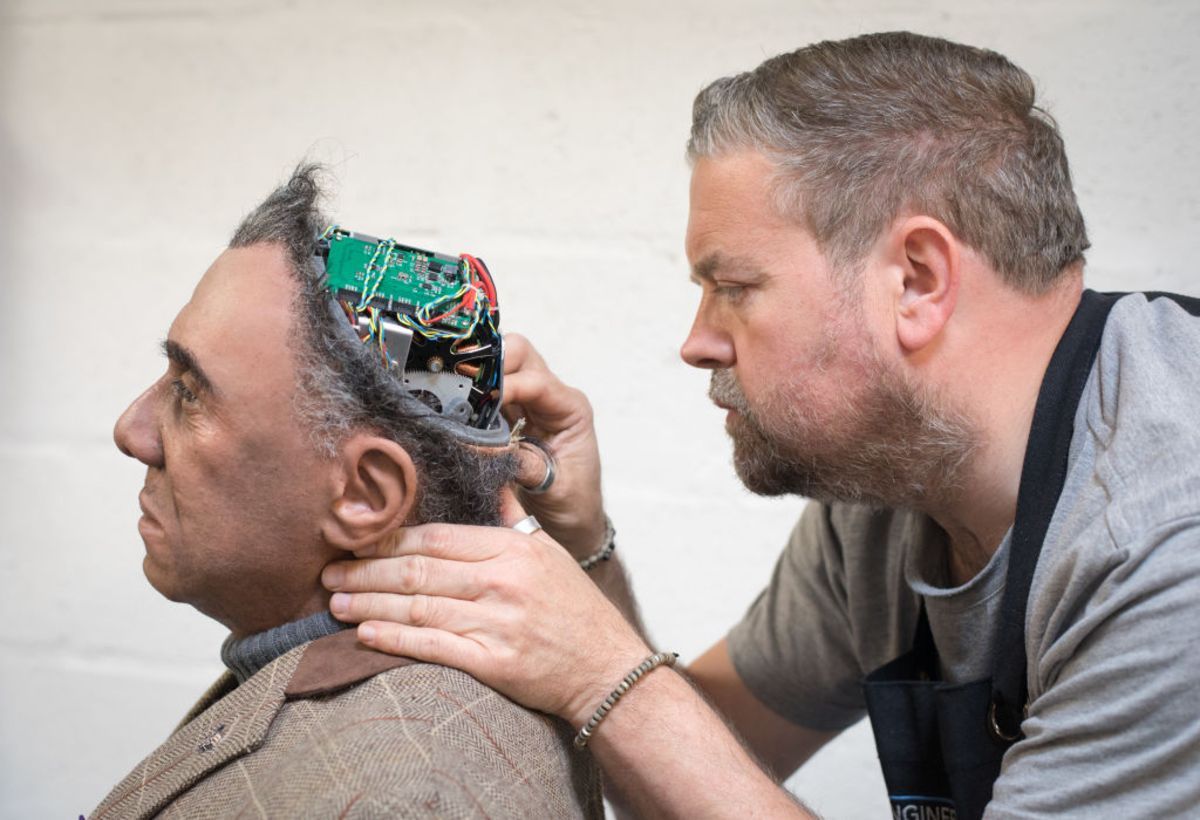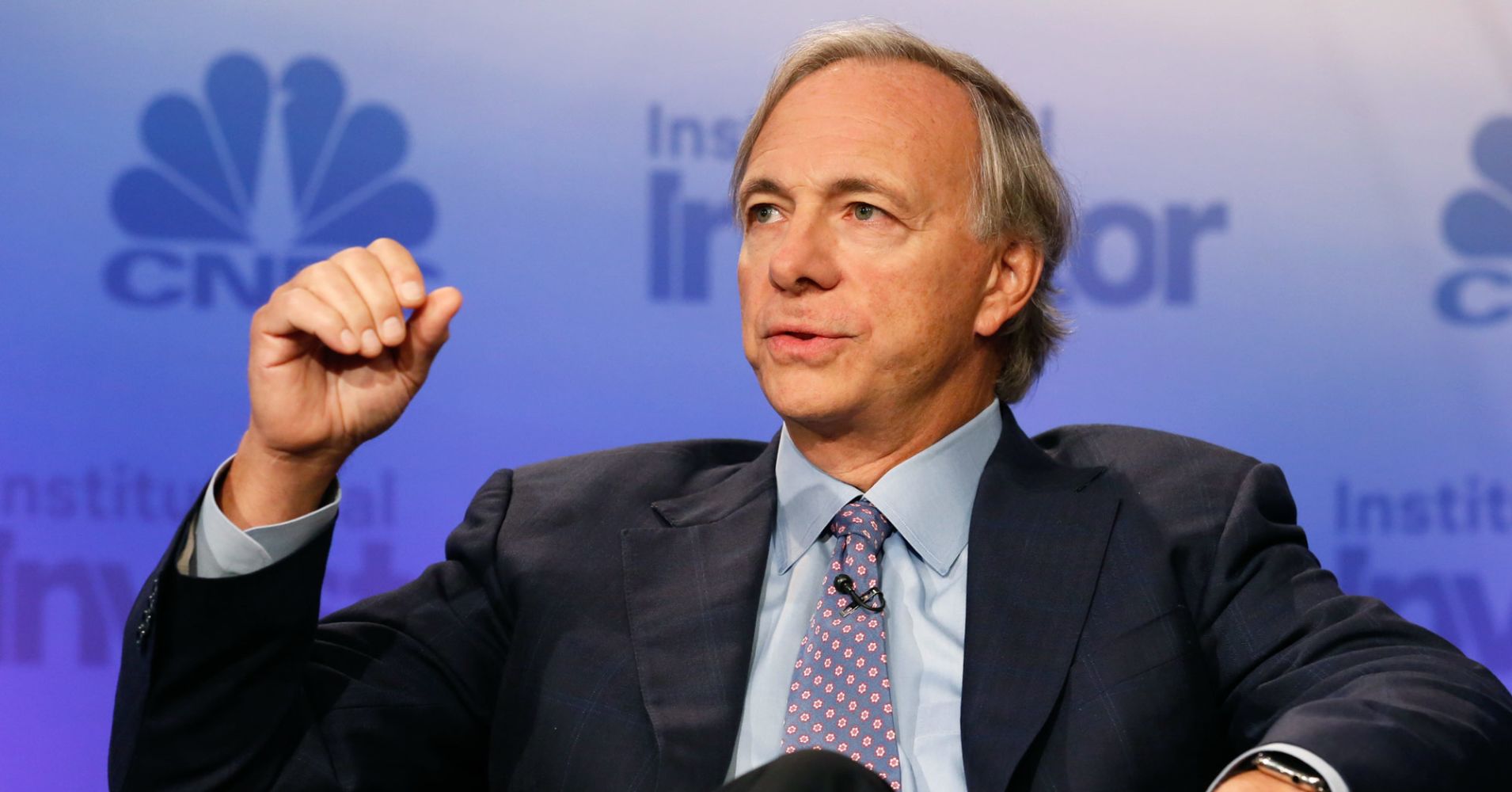“I think we are on the verge of a massive disruption,” Ford told me recently. “We see stagnant wages, and we see an erosion in the quality of the jobs. A lot of solid middle-class jobs are disappearing, and that alone has been remarkably disruptive… This is a big deal and I think it’s going to get get vastly bigger, and I do think that this is a subject everyone should be a bit concerned about.”
To put it bluntly: Once cars and trucks become automated, what will taxi and truck drivers do for work? Same with factory workers, fast food employees, retail clerks, and millions of other low-skill jobs that could theoretically be phased out entirely with robotics. This isn’t some sci-fi future; one report compiled recently by the McKinsey Global Institute says that advances in AI, automation and robotics will displace between 39 and 73 million jobs by 2030.







